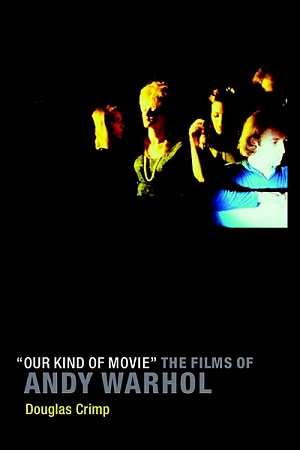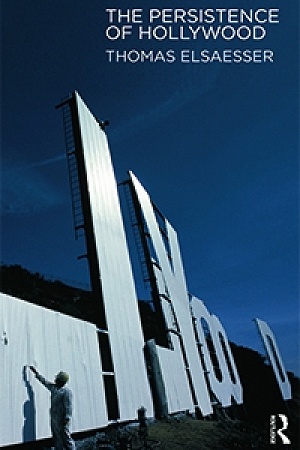Latin American Cinema: A Comparative History
University of California Press (Footprint) $71 pb, 376 pp, 9780520288638
Latin American Cinema: A Comparative History by Paul A. Schroeder Rodríguez
Latin America – the term – is an invention of a would-be emperor of Mexico, French in origin, trying in vain to strengthen the imperial project through a link to a Latinate origin, including and privileging the language and culture of the romance languages and excluding the Anglophone in the quest for colonial pre-eminence. However, long before the empire of Napoleon III attempted to make this claim the New World was being invented through the tales of mythical beasts, Amazons, and the unfathomable riches of El Dorado.
These inventions have been, and continue to be, reworked. First, through the lens of colonialism, then the foundational fictions of the post-independence era. This was closely followed by the reinvention of these new nations from within, shaped by the weight of their European heritage, while sometimes drawing on the supposedly superior traits of the creole élites, and occasionally elements of indigenous culture. In the early part of the twentieth century, this reinvention was attempted via the poetic and aesthetic movements seeking to create and express an authentic national culture grounded in what many have termed a fantastical reality and shaped through a cannibalistic approach to the European vanguards. For many intellectuals and theorists, the attempts by the countries of Latin America to define themselves as modern nations exemplified a search for modernity in the absence of modernisation. In Latin American Cinema: A comparative history, Paul A. Schroeder Rodríguez examines the cinematic invention of Latin America and its interplay with the multiplicity of modernities encompassed in the region.
Continue reading for only $10 per month. Subscribe and gain full access to Australian Book Review. Already a subscriber? Sign in. If you need assistance, feel free to contact us.















Leave a comment
If you are an ABR subscriber, you will need to sign in to post a comment.
If you have forgotten your sign in details, or if you receive an error message when trying to submit your comment, please email your comment (and the name of the article to which it relates) to ABR Comments. We will review your comment and, subject to approval, we will post it under your name.
Please note that all comments must be approved by ABR and comply with our Terms & Conditions.